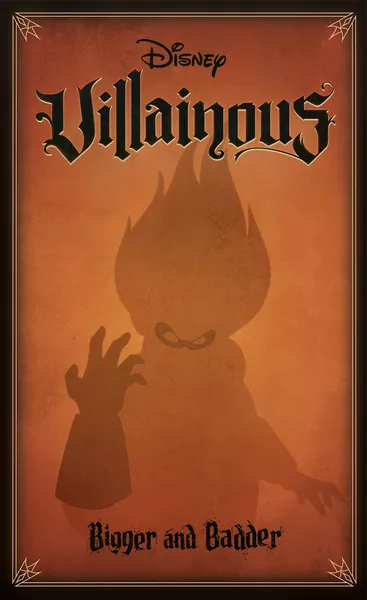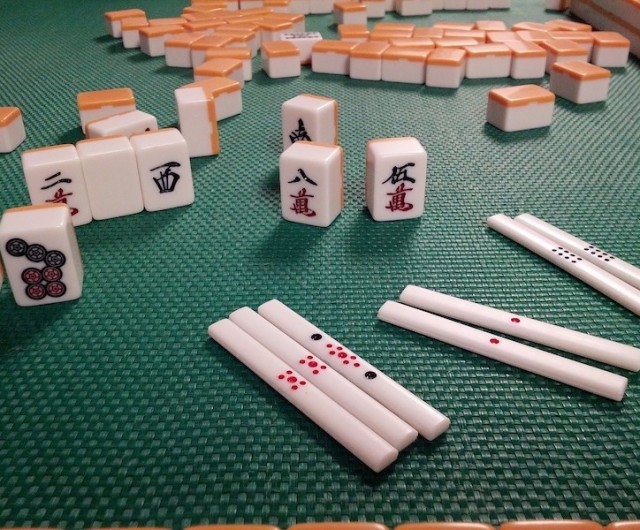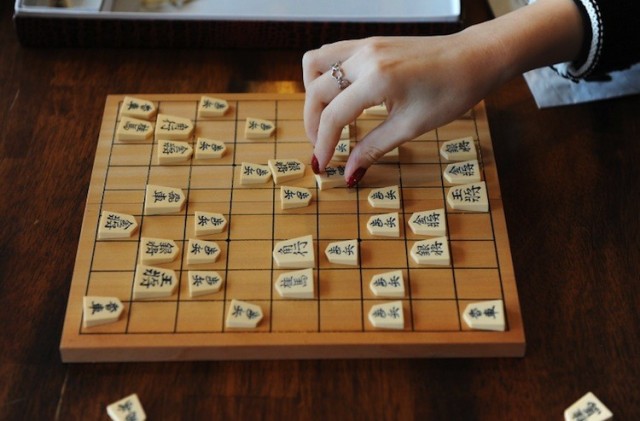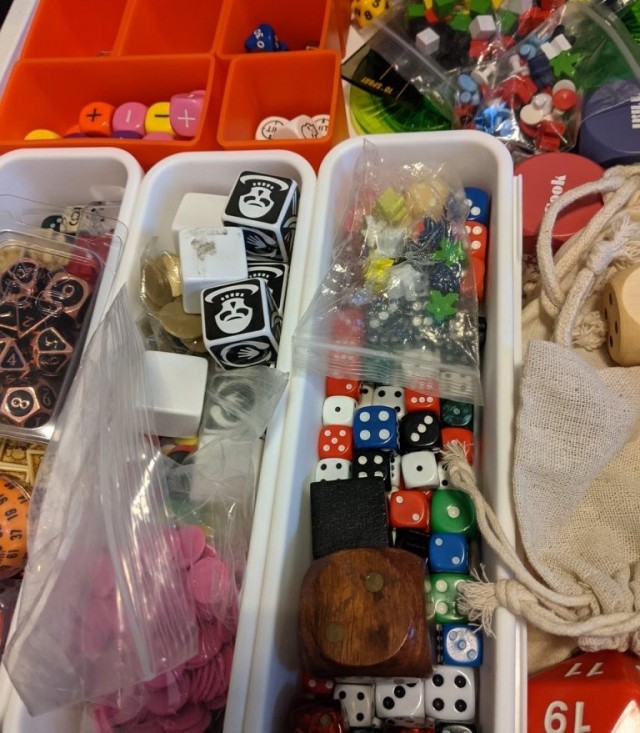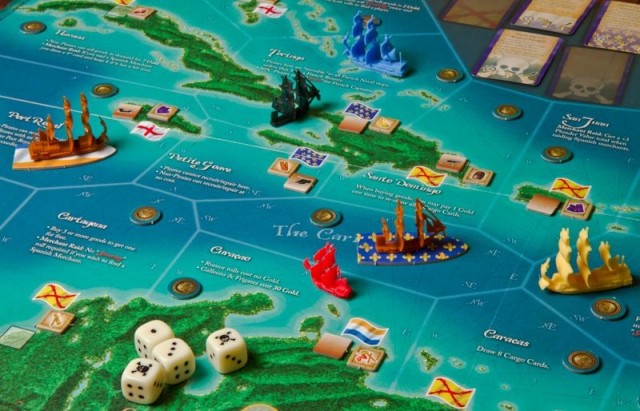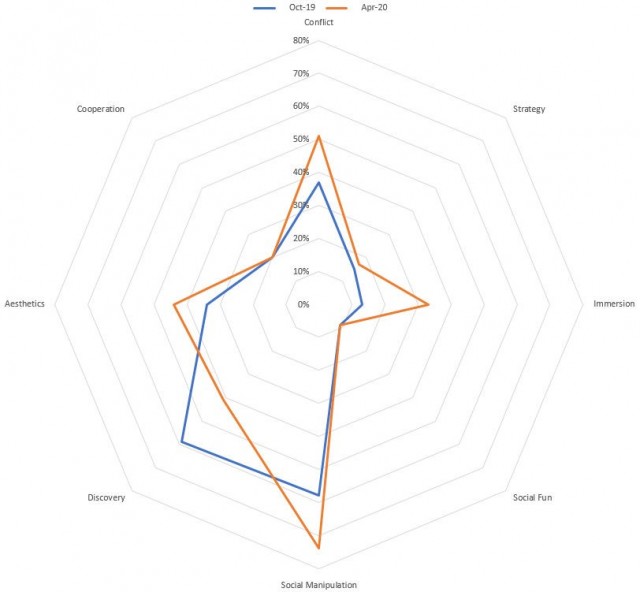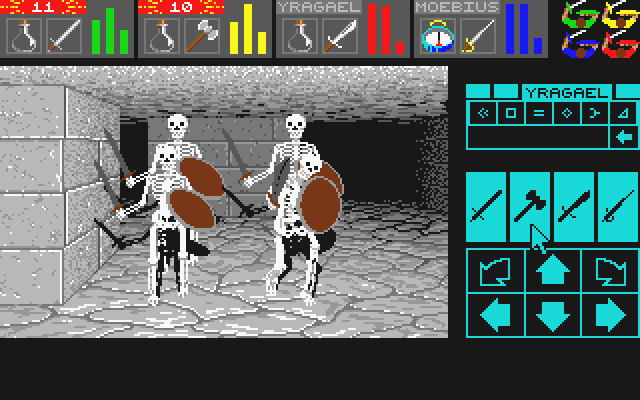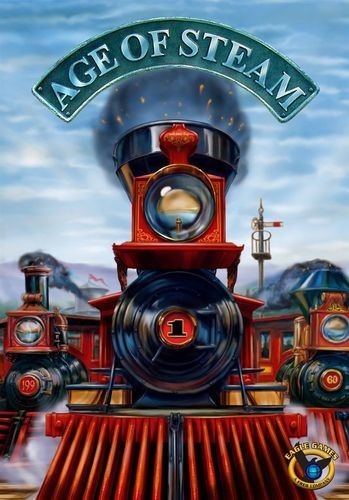I generally dislike spending time and energy streamlining my game designs. To people who know my work, that’s probably a pretty obvious statement. Given the choice, I’ll always opt to move onto a fresh project rather than polish and tweak and refine.
To be clear, I agree that some degree of streamlining is fine, even important. Like every game designer, I refine and tweak my mechanisms and rules (albeit sometimes begrudgingly) until they reach a level of effectiveness with which I’m comfortable. But this notion that rigorous streamlining is necessary to produce a good game is, in my opinion, misguided. If a game is based on existing IP (e.g., Star Wars), streamlining rules and simplifying mechanisms may be necessary for the game to compete in the competitive space within the IP (e.g., all the similar games in the Star Wars universe) and constraints that the IP canon places of the designer’s creative freedom (e.g., what a Jedi can and cannot do). But for independent games and de novo creations, I think that fastidious streamlining should be approached with caution. While meticulous refinement can reduce play time, reduce learning time, reduce mental math, etc., it can also reduce differentiation and flavor. And for me – and I will freely admit, perhaps only for me – differentiation and flavor are the fundamental elements of enjoyment.
So… differentiation and flavor.
With regard to differentiation, consider a brown hen’s egg. It’s quite beautiful, really: simple and elegant in design, streamlined in form by millions of years of evolution. And, other than minor variations in color, no different than any other brown hen’s egg. But crack that egg – add to its smooth surface a spray of jagged lines and uneven fractures, and it stands out against the others. It is now striking and interesting, made unique by the distinctive pattern of the cracks in its shell. Now it stands apart. So too, I contend, with games. How many zombie games are there on the market? And how many are merely variations on a theme?
From a flavor perspective, consider a single malt scotch whisky. Somewhere around the 1950’s, give or take a decade, some distilleries introduced a method of chill filtering by which they removed the proteins, esters, and fatty acids that give their whisky a cloudy appearance when cooled. The primary reasons were cosmetic: a clear drink was seen as pure; a cloudy drink, adulterated. Today, many argue that the removal of those elements reduces a whisky’s aroma and flavor, and adversely affects its mouth feel and finish. I’m in that camp and prefer non-chill filtered whisky, preferably at cask strength so that I can dilute it to my taste rather than someone else’s.
It’s the same with games for me. I really don’t care if one game implements a draft mechanism better than another. When I play a game – and, as a consequence, when I design a game – I care about original ideas and concepts that are strange and different and tasty and chewy and spark real, genuine, and emotional player interaction. I want players to scream and high five each other, or glower and stew and plot revenge, not sit silently around a table thinking about how to solve a puzzle or optimize a production function. What I find especially unfulfilling are new, unoriginal games that appear to exist simply because they present a “better” or “optimized” implementation of some existing mechanism or rule construct. If you want to be a member of the Cult of the New, have you considered reframing it as the Cult of the New Ideas? If you suffer from FOMO, may I suggest that you try not to miss out on new concepts as opposed to new games?
In all honesty, any real problems that needed to be addressed in a game would likely get hammered out prior to publication. Beyond that, my players and I are savvy enough to house rule anything that really irritates us. And as for the “clunkiness” and “fiddliness” that some self-appointed game pundits constantly complain about… it provides some pretty fertile ground for one’s imagination to play.
Of course, in the end it’s all about what appeals to you and your players, and no choice is wrong. As for me, I have a very definite view about games: I think they all should be cracked eggs swimming in non-chill filtered single malt scotch.
 Games
Games How to resolve AdBlock issue?
How to resolve AdBlock issue? 
